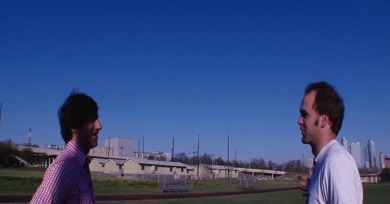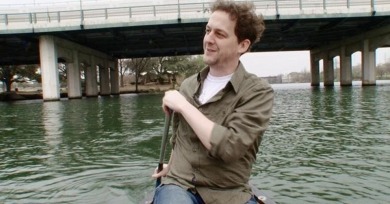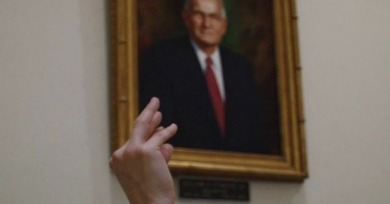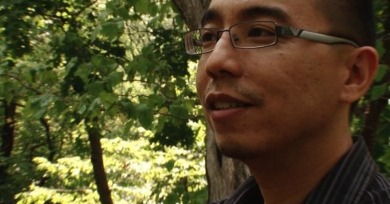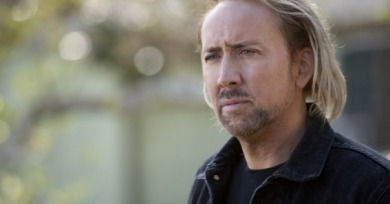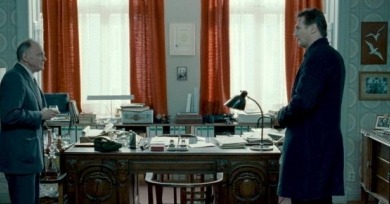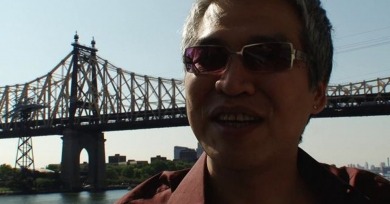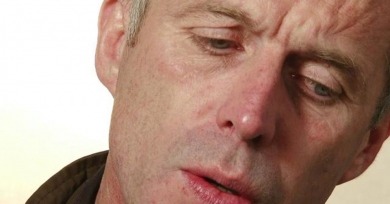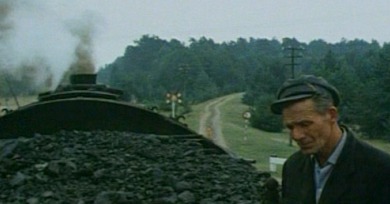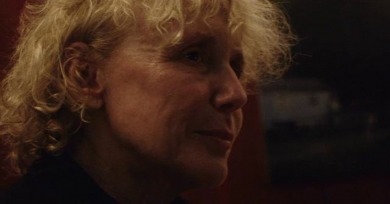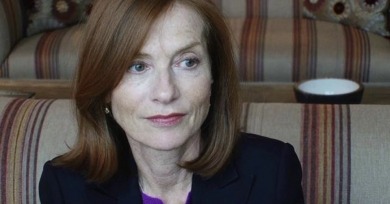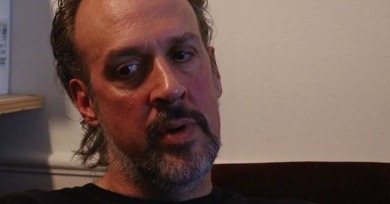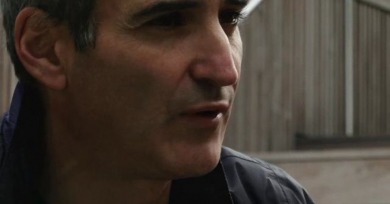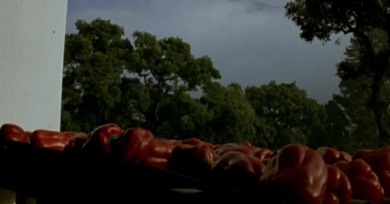Jeff Reichert
It may seem perverse to call for more sex and violence, but in a film that is about barely legal girls living in indentured prostitution—an allegory for the continued exploitation of women—keeping things on the lighter side borders on offensive.
Eric Hynes and filmmaker Kyle Smith took a break from the SXSW bedlam to toss the pigskin around and discuss Smith's unique, assured debut Turkey Bowl. Here Kyle relates the high school sports moment that might have consigned him to a lifetime of filmmaking.
Reverse Shot's Eric Hynes strolls the Austin Convention Center with Azazel Jacobs (Terri, Momma's Man) in search of SXSW cool.
Set sail on Town Lake in downtown Austin with director Todd Rohal, while his co-stars Robert Longstreet and Steve Little pilot the most feared ship on the high seas.
Greta Gerwig, attending SXSW for the world premiere of The Dish and the Spoon, remembers her first visit to the festival all the way back in David Fincher-tinted 2006.
On the ground in Austin for SXSW, the Reverse Shot team chats with Marie Losier (The Ballad of Genesis and Lady Jaye) about a particularly surprising meeting with a wasp during a screening of Azazel Jacobs's Terri.
Host Eric Hynes talks to Palme d'Or–winning filmmaker Apichatpong Weerasethakul (Uncle Boonmee Who Can Recall His Past Lives) about the Thai jungle, time and duration, and the transformative qualities of life and cinema.
Anton Chekhov once wrote, “One must not put a loaded rifle on the stage if no one is thinking of firing it.” To this, the makers of Drive Angry would hasten to add that one must not have a character vow to drink a beer out of the skull of his vanquished enemy if he’s not actually going to do it.
Orphan was ugly but it also paid off all of its set-ups with gusto. Unknown seems to have been made under stricter supervision, and so isn’t comparably batshit; though, a few of the moments you cite are the ones where the director's sense of humor breaks through—quite literally in the apartment dust-up.
Host Eric Hynes talks to photojournalist-turned-filmmaker Danfung Dennis (Hell and Back Again) about combat journalism, the power of received images, and how his latest innovations in immersive technology will change the face of filmmaking.
Host Eric Hynes talks to director Im Sang-soo (The Housemaid) about the nature of suspense, female desire, and why conservative Korean filmgoers hated his latest film, a remake of Kim Ki-young's sexed-up 1960 classic.
Filmmakers Ilisa Barbash and Lucien Castaing-Taylor from Sweetgrass discuss their film and sheep intelligence with Catskills farmer Eugene Wyatt.
Bruno Dumont (Hadewijch, Twentynine Palms) talks to Reverse Shot's Damon Smith about faith, mysticism, and the mysteries of cinema. Translated from French by Robert Gray.
The worst response to a film as enormous as Shoah may be to box it in with mere words. Though citing the faults and fissures of language is perhaps a critical crutch, here the slipperiness of signification is operative within the very makeup of the work itself.
Host Eric Hynes talks to French filmmaker Claire Denis (White Material, Beau travail) about why she prefers working with familiar collaborators, the erotics of the actor-director relationship, and how she often feels mastered by her own creations.
French screen legend Isabelle Huppert talks to host Eric Hynes about being an object of scrutiny in Claire Denis's White Material, how filmmaking is a questioning, and why movie acting is about just doing it.
From our vantage point in 2009, the film feels a period piece, some kind of elegy for those hazy pre-surge summers of 2005 or 2006 when casualties were at their height and the war promised to loom large over upcoming elections.
Host Eric Hynes talks to Kent Jones (A Letter to Elia, Val Lewton: The Man in the Shadows) about film restoration, the art of criticism, and the need to discover life outside cinema.
Host Eric Hynes talks to French auteur Olivier Assayas (Carlos, Summer Hours) about visual style, the paradox of cinephilia, and the connections between cinema and real life.
We asked our writers to pick a contemporary filmmaker from a Latin American country who they’d like to champion; this could trigger a longer discussion about an oeuvre or an idea on a national cinema, or it could remain a close reading of a film itself.

